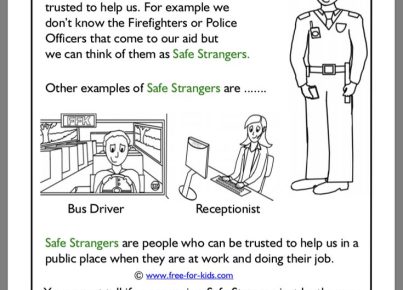In the fast-paced world of education, it’s important to evolve and adapt to the ever-changing needs of both students and teachers. However, many educators find themselves using outdated terminology when referring to various aspects of their classrooms. This article will discuss three terms that may no longer be relevant and provide alternative suggestions for a more inclusive and modern classroom environment.
1. Computer Lab
In the past, computer labs were designated areas filled with desktop computers where students went for technology-related classes or projects. Nowadays, with the widespread use of laptops, tablets, and personal devices, this term may not accurately represent the modern classroom. Instead of “computer lab,” using terms like “technology center” or “digital workspace” can better capture the fluid nature of tech in today’s educational settings.
2. Special Education Students
The phrase “special education students” once referred to those who required additional resources and accommodations due to learning disabilities or exceptionalities. However, this term can carry negative connotations and evoke a sense of otherness among students who may already feel isolated or excluded from their peers. To promote inclusivity, consider using terms such as “students with learning differences,” “students with diverse abilities,” or simply addressing them as individual students with unique needs.
3. Classroom Management
While “classroom management” was traditionally used to emphasize a teacher’s role in maintaining control and order in the classroom, this term may also be limiting. It implies a top-down approach where teachers dictate behavior without fostering student agency and self-regulation. A more current and empowering approach involves using language like “community building” or “classroom culture” to signify cultivating a positive environment where students learn social-emotional skills alongside academic content.
By reconsidering and updating these three terms in your educational practice, you demonstrate your commitment to staying current in your profession and creating an inclusive and forward-thinking classroom. Implementing new language helps ensure your teaching practices align with the changing needs of today’s students, ultimately contributing to a more successful and collaborative learning environment for all.




